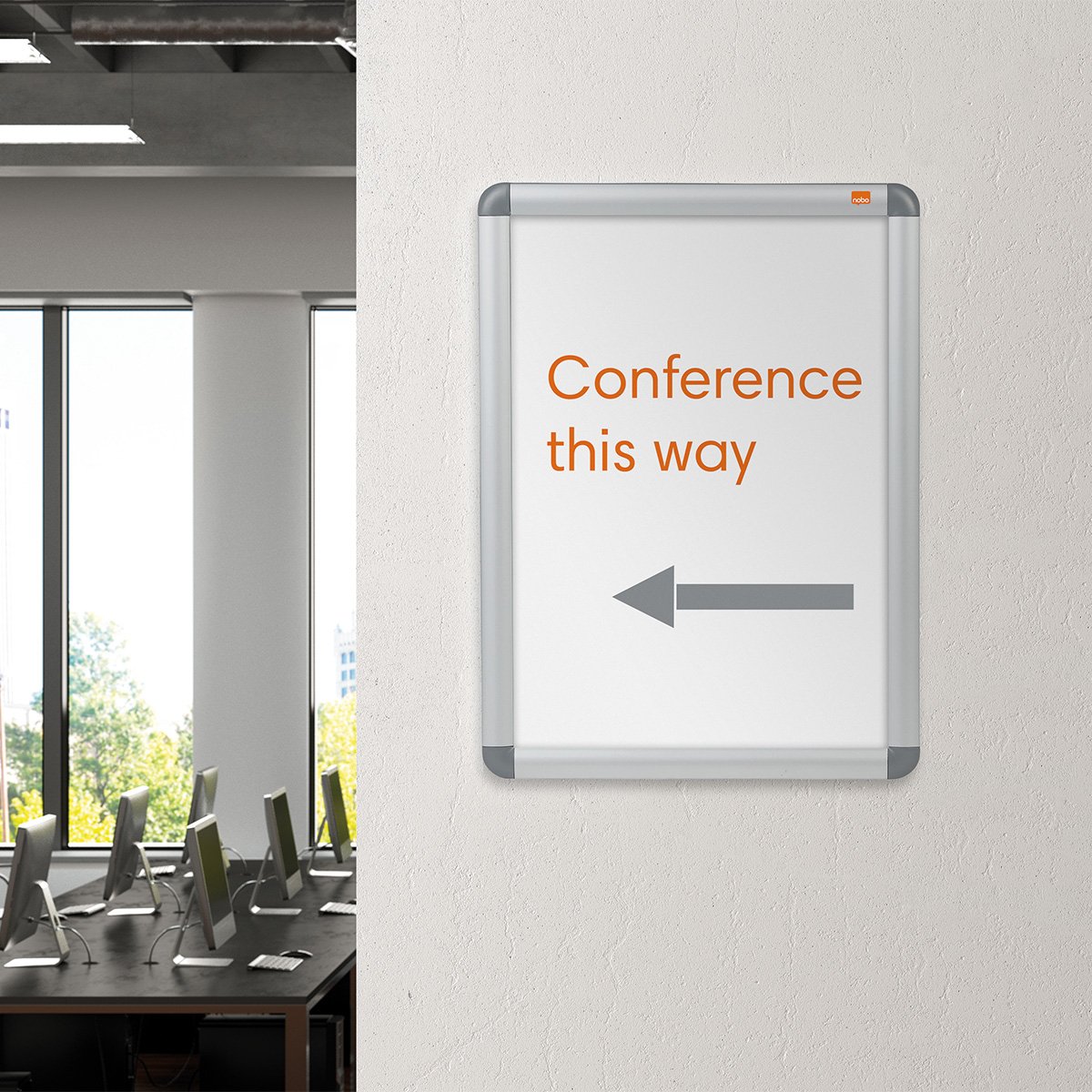10 Questions to Ask Your Employee in a One to One Meeting
06.11.2023
Regular one-to-one meetings with your employees can bring many benefits to the individual, the team, and the business at large. But it’s vital to ask the right questions during a one-to-one meeting to ensure it’s an effective use of time.
Here, we talk about why one-to-one meetings are important, how you can structure and effective one-to-one meeting and the kinds of questions you can ask.
What are the benefits of one-to-one meetings?
There are a few functions of a one-to-one meeting. They can be effective in improving communication between you and your employee and help to build and maintain a good relationship.
They can also be useful for tracking employee goals and targets. These goals might be set in an annual review, but a regular one-to-one can help monitor the employee’s progress in between.
An important function of a one-to-one meeting is to give your employee a platform to discuss things that are affecting them. It’s an easy way of identifying any problems and providing support where it is needed, whether that’s with the team dynamics, the working processes, or with your employee themselves. One-to-one meetings also help to make your employee feel like a valued member of the team and avoid them feeling isolated.
How to structure a one-to-one meeting
It’s best to begin a one-to-one meeting with a brief informal chat to break the ice. It can be off-putting to immediately begin the meeting with formal questions, and it can make your employee feel uneasy. Instead, greet them and talk about general topics like how they are, how their family is doing, etc.
Once you have got the discussion started, you can move on to the more formal one-to-one meeting questions. These should be related to their work and how they are getting on, challenges they have faced, and any support they might need going forward. We’ve got some example questions for your one-to-one meeting below.
Once you have worked through your questions, you can give the employee a chance to bring up anything they might want to talk about that you haven’t covered. It’s important to leave enough time for them to discuss any matters, so any issues can be sorted out. Not giving your employee an opportunity to talk about what they want could result with them struggling with an issue or just not feeling heard or appreciated.
Once everyone has discussed what they need to, you can close the meeting. This should always be done in as warm and friendly a tone as possible, regardless of what was talked about in the meeting. This can help to keep morale high as your employee gets on with the rest of their working day.
10 one-to-one meeting questions to ask your employee
Below are a few example questions to ask in your one-to-one meetings. It can be helpful to personalise the questions when appropriate, so you can speak about a specific project or something that you know your employee has been working on.
-
How has the past week/month been?
This question can be a good starter as it gives your employee an opportunity to discuss how things have been since your last meeting in a general way. IT can help you to identify if things have been going well or not, and whether your employee is feeling positively or negatively about work.
-
What are your priorities for work right now?
This question can help to give you a focus for the meeting. You can find out what your employee has been working on and what they see as the most important work for them at the moment. If their priorities don’t align with yours or the team’s, you can help to realign them.
-
What are your plans for the coming weeks?
This helps you to identify what your employee will be focussing on and their upcoming work plans. You can ensure this correlates with your plans for the team. It also gives the employee a chance to discuss their workload and if they feel like they have too much or too little to do.
-
What’s a recent work highlight for you?
Talking about highlights and achievements in a one-to-one is very important. You should celebrate your employee’s accomplishments with them and ensure they know their work is valued.
-
What has been a challenge for you recently?
Talking about challenges and struggles your employee has faced is just as important as talking about the positive achievements. Here, you can identify weaknesses of your employee and/or your team’s and business’ way of working. You can then provide more support where it is needed, whether that’s by changing your processes or providing more training or better equipment.

-
How are things going with your team/co-workers?
How your employee gets on with the rest of the team can have a big impact on how they work. Letting your employee discuss how they feel about their co-workers can help you to identify where there may be strains in relationships and where you might need to step in to give additional support.
-
Is there any support I can give you to make your day-to-day easier?
This is an important question to determine how you can help your employee. It may be something as simple as they require some extra equipment such as whiteboards to improve their planning and workflow. It may be that you need to step in to help with a co-worker who they’re struggling to work with.
-
Is there any part of the business or anything happening with the team that you feel you’re out of the loop with?
Sometimes it’s tricky to keep up thorough communication amongst the team, and people can fall by the wayside. This question helps you to identify where you might need to improve communication while also informing your employee about anything they need more details on.
-
Are there any upcoming projects that you would like to work on?
This question gives your employee a chance to discuss if there’s something coming up that they feel like they could add value to. It may be related to their current role, or it could be expanding it. It can be helpful here to let them know what projects are coming up, if they aren’t already aware.
-
Is there any training we can provide to help you develop in your role?
The last question can be about further development for your employee. They may have gaps in their current skillset where extra training could help them to produce higher quality work, or be more efficient. Perhaps they want to expand their role and additional training can help them reach this goal. You should be able to offer both internal and external training courses, such as shadowing a co-worker or taking an online course.
One to one meeting best practices
How regularly you hold one-to-one meetings will depend on how closely you work with your employees, how often you need to check-in and also the size of your team. At a minimum, you should have monthly one-to-one meetings, but you may find it helpful to have weekly meetings. You can adjust your questions for the frequency that works for you - for example, it may not be required to ask if your employee needs extra training every week.
You should vary the topic of your questions and correlate them with what is happening in your team and businesses at the time. So, if you have a big project happening that your employee is part of, it may be appropriate to focus on that project in your meeting.
During the meeting, you should ensure your employee has ample time to speak. You should actively listen to what they’re saying and take notes if it’s appropriate. You want to ensure your employee feels heard and valued as part of the team.
The focus of the meeting should be on the employee and how they’re getting on. You shouldn’t spend too long on status reports or their progress with specific pieces of work unless it’s relevant to the meeting.
You should have an open mind throughout the meeting and give honest feedback. It can be helpful to send a brief follow-up after the meeting, detailing any actions or next steps that were discussed. You can also note any topics that you talked about that you will need to revisit in the next meeting, to ensure they don’t get forgotten.










